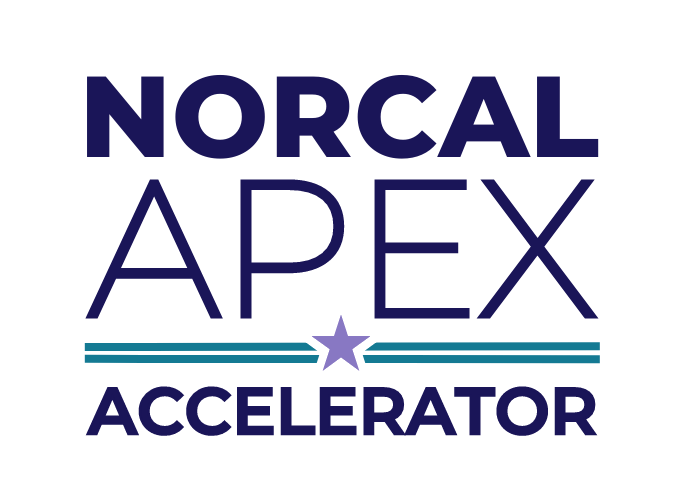Getting Started in Public Works Contracting
Have you considered working on public agency construction projects? There are many factors to think through before becoming a public works contractor or subcontractor but first, you need to understand what a public works contract fundamentally is:
A public works contract is an agreement between a contractor and a public agency that provides infrastructure services with public funding. The agreement must comply with the type of funding as well as all local, State, or Federal requirements as applicable.
Bidding on a Public Works project can be very daunting but we can focus on 4 key responsibilities of a Public Works contractor, according to the California Department of Industrial Relations (DIR):
1. Register as a public works contractor with DIR – Contractors must meet the following requirements to register:
- Have workers’ compensation coverage for any employees and only use subcontractors who are registered public works contractors.
- Have Contractors State License Board license if applicable to trade.
- Not have any delinquent unpaid wage or penalty assessments owed to any employee or enforcement agency.
- Not be under federal or state debarment.
- Not be in prior violation of this registration requirement once it becomes effective. However, for the first violation in a 12-month period, a contractor may still qualify for registration by paying an additional penalty.
2. Pay prevailing wages – All workers employed on public works projects must be paid the prevailing wage determined by the Director of the DIR, according to the type of work and location of the project. The prevailing wage rates are usually based on rates specified in collective bargaining agreements.
3. Follow apprenticeship requirements – Projects of $30,000 or more must meet DIR’s apprenticeship requirements. Failure to comply with public works requirements can result in civil penalties, criminal prosecution, or both. The term “public works contractor” includes subcontractors.
4. Maintain and submit certified payroll records – Contractors and subcontractors on most public works projects are required to submit certified payroll records (CPRs) to the Labor Commissioner using DIR’s electronic certified payroll reporting system.
Once you consider these responsibilities and have determined that you can comply with them, you can move forward with estimating the cost to complete a project and submitting a bid. In order to create an accurate bid, contractors must create an accurate estimate of project costs, including labor, materials, equipment, overhead, and profit margin. Submitted bids are reviewed by the public contracting agency and if bids are not responsive and/or responsible they are not even considered. Contracts are only awarded to the lowest responsive and responsible bidder. But, what do these terms mean?
According to Caltrans, Determining Responsive Bid and Responsible Bidder – 1404.2 Responsive and Responsible Definition.
A Responsive Bid: A bid is considered responsive if it indicates compliance without material deviation from the requirements of the solicitation and the terms and conditions of the proposed contract.
A Responsible Bidder: A bidder is responsible if they possess the experience, facilities, reputation, financial resources and are fully capable of performing the contract.
A “responsive” bid must meet the criteria laid out in the bidding documents. The bid must include all the required documents and information as stated in the instructions to bidders. It is required to meet certain licenses, addendums, forms, and have required signatures and other criteria outlined. One of the most common mistakes is not participating in a mandatory walk-through. If it says required or mandatory, then you need to be responsive to this requirement.
A “responsible” bid has the experience, personnel required, equipment, and finances to perform the requirements of the contract.
When a government agency reviews the bids, they may find that the apparent lowest bid is either not responsive and/or not responsible, and they may therefore award to the next lowest bidder. This is why you must understand the fundamental requirements to be successful in Public Works contracting.
So next time you may be considering Public Works contracting for your business, consider these items:
- Do you have the proper license as a Prime Contractor?
- Are you registered with the DIR?
- Do you have the required liability insurance coverage and a Worker’s Compensation policy?
- Are you financially able to pay prevailing wages?
- Can you meet all of the specifications written in the bid documents?
- Can you secure the bonding and insurance required?
- Are you signed up for FREE assistance through your local APEX Accelerator?
If you are looking for help with government contracting or want no-cost help to find contracting opportunities, please contact your Norcal APEX Accelerator counselor for assistance or apply for services today!
If you have more questions, please contact us at info@norcalptac.org or 707.267.7561
Authored by: Liz Brazil, Norcal APEX Accelerator Procurement Specialist

